傅莹 清华大学战略与安全研究中心
编者按
4月29日,《经济学人》网站发表清华大学战略与安全研究中心主任傅莹文章《新冠病毒疫情之后的世界》。傅莹在文中强调,包括中国和美国在内的世界各国通力合作,对取得成功至关重要。未来取决于今天的作为。痛定思痛,世界正在步入一个各国和各国人民比以往更加相互需要的时代。
清明之痛
清明节是中国人为追思逝去亲人而扫墓的日子,2020年4月4日清明节,也成为全国人民哀悼新冠病毒疫情中罹难者的日子。人们沉浸在哀伤中,缅怀没能等来这个春天的人,思考能从灾难中学到什么。
21世纪第三次危机中世界领导力的缺失
这场疫情是进入21世纪以来,人类经历的第三次改变世界议程的重大危机。在前两次——2001年的9?11事件,尤其是2008年的国际金融危机中,美国与其他主要国家密切合作,共克时艰,让危机在多边进程中逐步化解。然而这一次,新冠病毒疫情切实威胁到人类更加广泛意义上的人的安全,已经吞噬了二十多万生命,且仍然没有停下脚步。然而这次,素以世界领导者自冠的美国没有释放团结合作的信号,也完全没有体现出发挥全球领导作用的意愿和能力。
更令中国人寒心的是,美国一些高官和政客,喋喋不休地污蔑中国,试图将自身的估计不足、反应迟钝和陷入困境归咎于中国。这让我更加深刻地意识到,近年美方试图让中国成为自身所有问题替罪羊的做法,是多么地阻碍当今世界迫切需要的大国理解与合作。
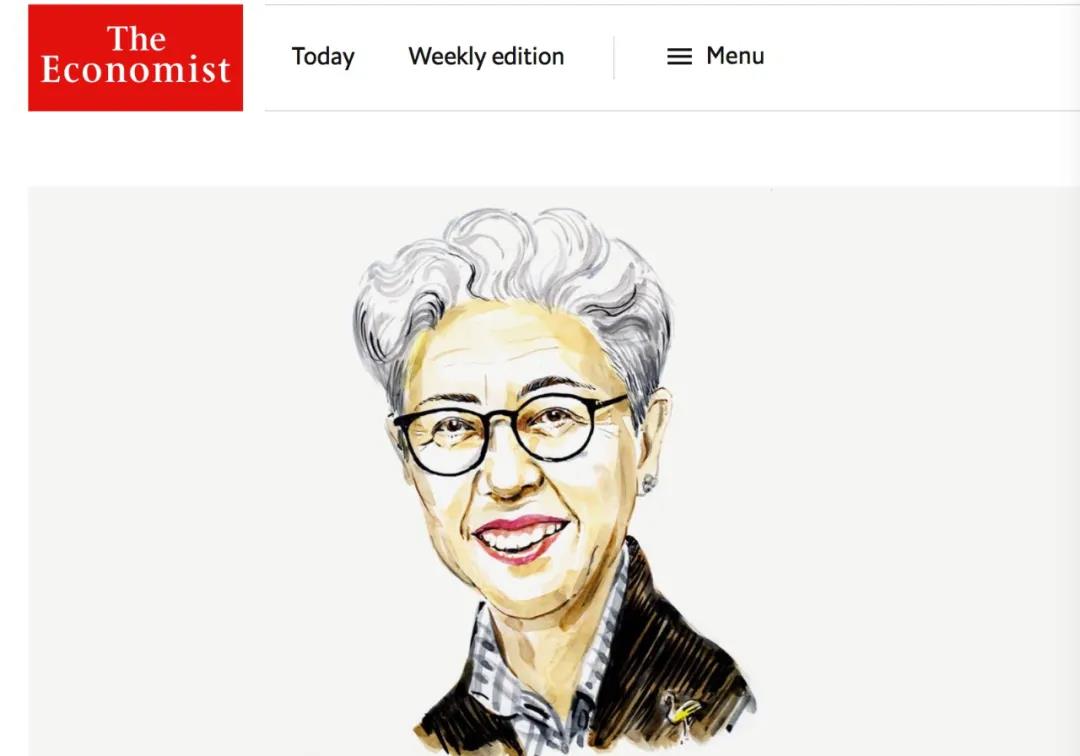
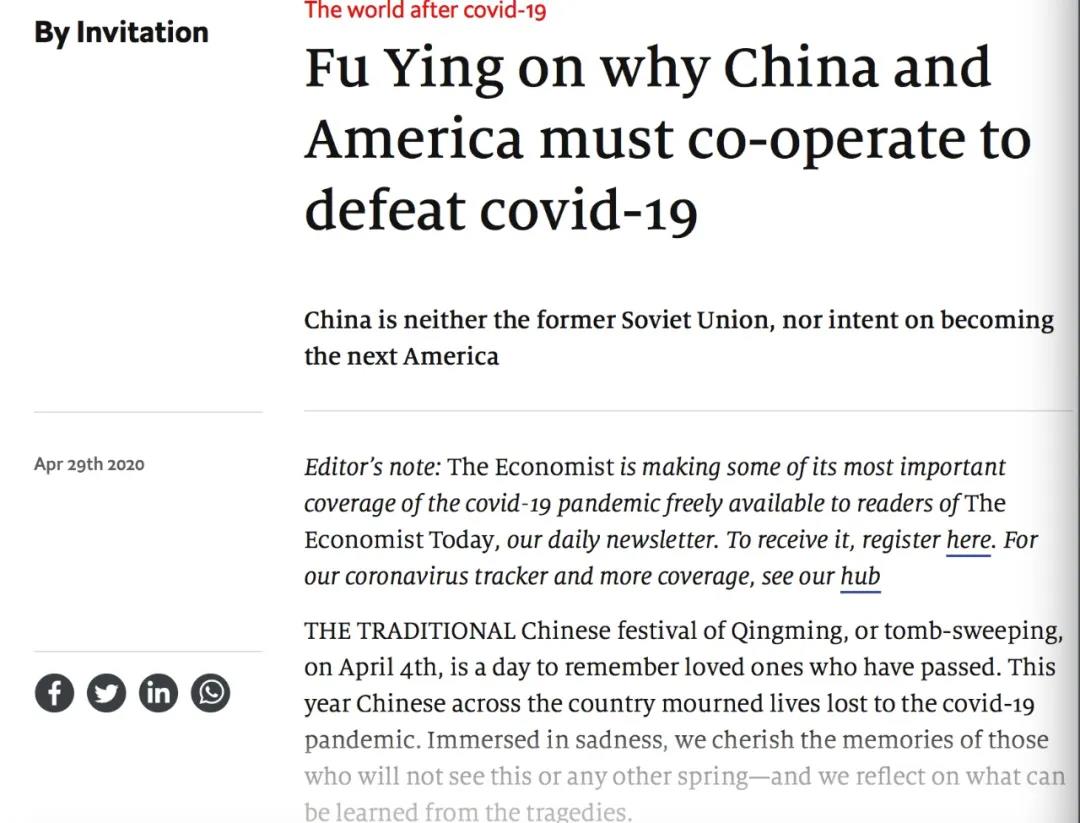
清华大学战略与安全研究中心主任、外交部前副部长傅莹4月29日在《经济学人》发表文章《中美为何必须携手抗疫》
缘何要玩弄推责的游戏?
记得2月13日,正值武汉最艰难的时刻,我与几位学者来到慕尼黑出席安全会议,还临时邀请中国的公共卫生专家参团与会,介绍抗疫情况。世界卫生组织亦有专家团队与会,呼吁关注流行病的危险。美国参会的高官和政客未对疫情表达丝毫关注,更谈不上了解中国的抗疫信息,只顾就华为5G等问题指责中国。现在,同样是这些人,包括国务卿蓬佩奥和某些议员,反过来批评中国掩盖数据,真想问他们,难道不知道中方早在1月3日便开始向各国,包括美方,通报新发传染病信息?难道不了解中方1月11日便公布病毒基因序列,让包括美国在内的各国开始研究检测和疫苗?
我们中国人比任何人都更希望对病毒的传播危险能有更早的认识、处置得能更加迅速。然而这是一个人类全然未知的病毒,医疗专家们争分夺秒地确认足够的证据,在对病毒的人传人有了明确结论后,马上于1月20日公布,并且3天后即封城武汉。中国人民奋起抗疫,付出巨大的代价,大量生命失去、经济和社会生活停顿。许多国家在后续疫情中,学习了中国获得的经验,包括社交距离、戴口罩、及时收治确诊病例,乃至避免医疗资源的透支。
然而,这些专业和科学上的信息对美国一些政客似乎并不重要,他们关心的与中国进行的战略竞争而不是合作,以免导致美国的主导地位被中国取而代之。如果中美两国无法在这场严重的全球灾难面前携手,甚至,如果两国无法在现行国际架构内解决彼此分歧,我们需要考虑,这将对全球体系意味着什么?
中美关系与未来的终局
最终,是否就要遂了美国这些强硬势力的心愿:中美对抗、彻底脱钩?我们是否准备好了面对全球产业链、供应链遭到破坏,全球化势头逆转,其他国家选边站队,世界分裂为对立的阵营?若此,人类在冷战后致力于推动和平与发展的势头何以延续?
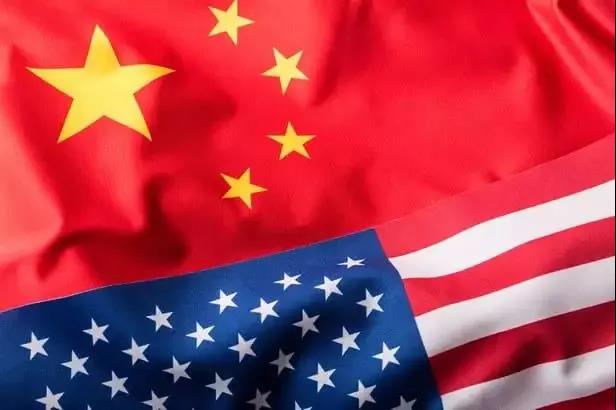
不管外界对中国的全球合作努力怎么猜度,中国首先要做好自己的事,保护人民生命安全,尽快恢复正常的经济和社会生活。但是,这并不意味着只顾自己和单打独斗。中国已经在助力他国:向100多国提供物资援助,并向其中一些国家派出医疗支援队伍,中国工厂的机器为供应包括美国在内的各国物资需求日夜转动。
中外国情不同,具体防疫模式各国自有高招,中国不能也不想强加于人,更不会搞模式输出、抑或追求地缘政治利益,但是我们必须向有困难和有需求的国家伸出援手。大疫当前,同舟共济才是正途。
疫后的世界将如何取决于今天的作为
疫情的爆发加速了世界的深刻变化。面对无形和非传统的强大敌人,美国以大国战略竞争为优先考虑的霸权模式,不注重解决实际问题,既不能很好地保护人民,也无力承担全球化之下的新型国际责任。
世界加快多极化进程,人类恐已无法接受新的霸权,很难设想世界将再次被某个或某几个国家所主导。今日之世界,所有国家利益相连、命运与共,需要构建平等伙伴关系,超越传统思维,希望能走出一条以相互尊重、平等公正、合作共赢为特征的新路来。
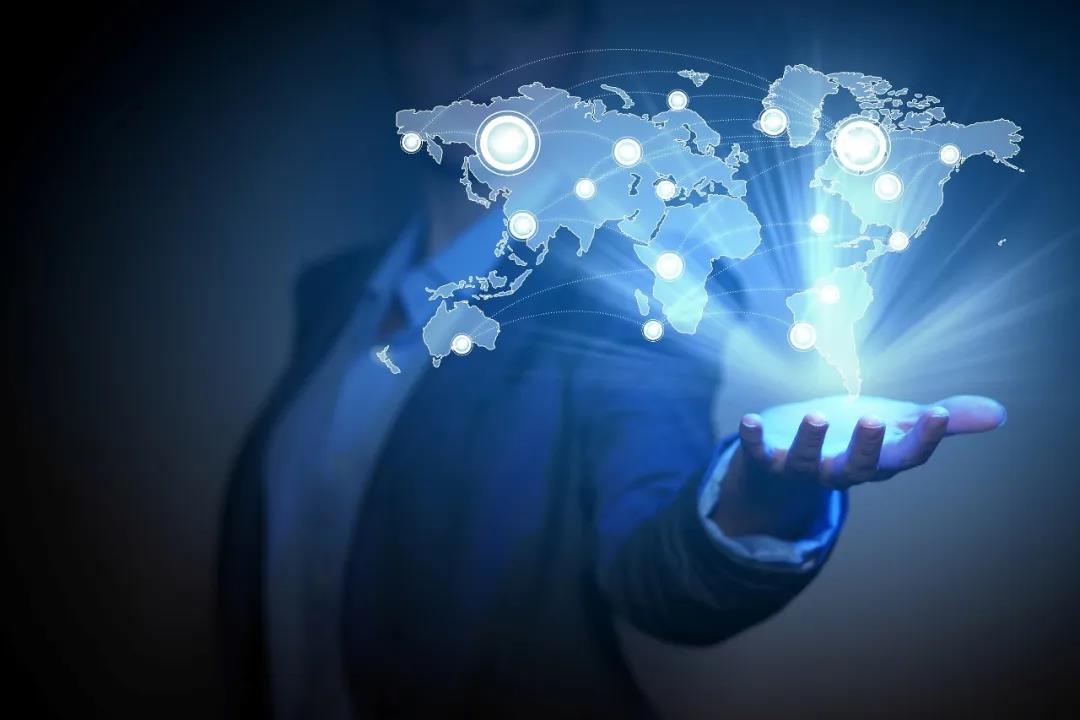
我们正在步入一个比以往更加相互依存的时代
中国是在和平发展中成长起来的,既不是前苏联,也不想成为下个美国。中国需要一个和平合作的国际环境,并愿为此做出努力。我们认识到,在所有的国家都摆脱新冠病毒威胁之前,人类不可能奢谈战胜疫情。
国际社会期待中美两国开展协调。3月27日习近平主席与特朗普总统通了电话,确认流行性疾病是人类共同的敌人,国际社会只有共同应对才能战而胜之。这个信息给期待中美合作的人带来了希望。
包括中国和美国在内的世界各国通力合作,对取得成功至关重要。当务之急,一是应当分享控制疫情的信息;二是世界,尤其中美两国,应当在疫苗和特效药的研发、生产和分发上开展合作,实现全球信息开源和成果共享;三是应当帮助医疗条件较弱的国家,防止更大规模的疫病爆发;四是应当维护供应链、产业链的稳定与安全,防止世界经济次生灾害。
如果全球不能合作、中美不能合作,将会产生难以估量的后果。未来取决于今天的作为。前路还有许多风险。痛定思痛,世界正在步入一个各国和各国人民比以往更加相互需要的时代。
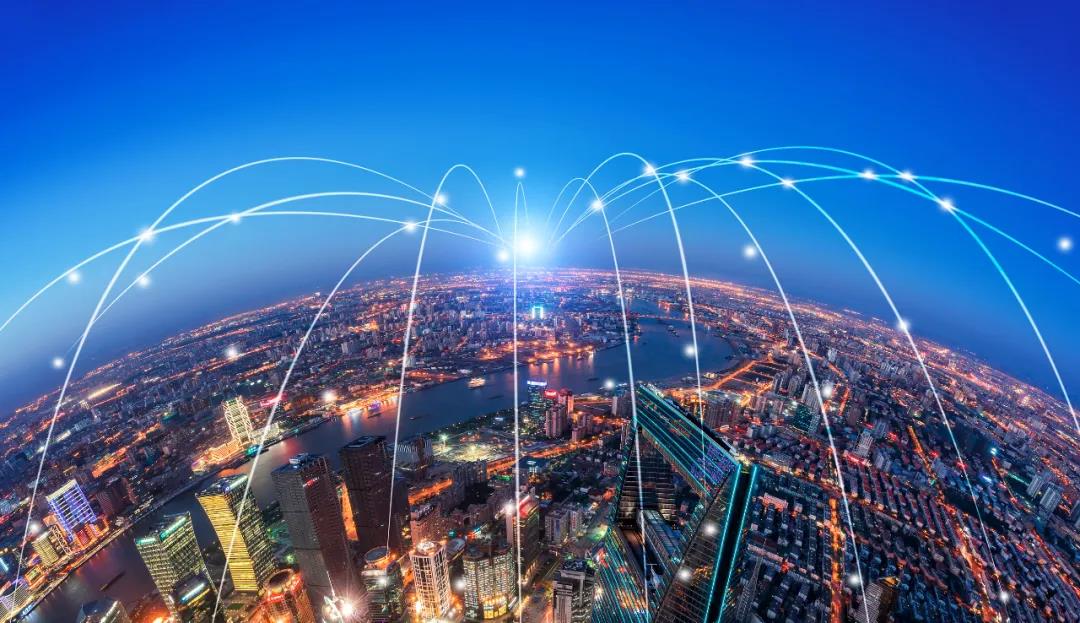
The World After COVID-19
THE TRADITIONAL Chinese festival of Qingming, or tomb-sweeping, on April 4th, is a day to remember loved ones who have passed. This year Chinese across the country mourned lives lost to the covid-19 pandemic. Immersed in sadness, we cherish the memories of those who will not see this or any other spring—and we reflect on what can be learned from the tragedies.
This pandemic is the third major unconventional security crisis in the 21st century that has refocused the world’s agenda. During the previous two crises—the 9/11 terrorist attack in 2001 and particularly the financial crisis of 2008—America joined hands in solidarity and co-operated with other major countries through multilateral processes, which saw the world through the havoc.
This time, a pandemic literally threatens the safety of humankind. It has claimed more than 200,000 lives worldwide and shows no sign of subsiding. Yet this time America, which insists on being treated as the world’s global leader, has demonstrated neither a commitment to solidarity and co-operation, nor a willingness or capacity for global leadership.
What has particularly dismayed the Chinese is a smear campaign against China by some American politicians and high-ranking officials, who try to shift the blame for their own underestimation of the threat, their slow response and the consequences. For me, the blame-game lays bare American ambitions to scapegoat China for its problems. And this, sadly, makes understanding and co-operation very difficult among major countries, if not impossible, at a time when the world needs it most.
On February 13th when the crisis in Wuhan was at its peak, I attended the Munich Security Conference with a team of Chinese scholars. I brought along a public-health expert to brief attendees on China’s struggles to contain the outbreak. Experts from the World Health Organisation were there too, to alert the world to the dangers of the epidemic. American officials and lawmakers at the conference paid little attention to this issue or the information that China had to offer. They were preoccupied with stigmatising China on such topics as Huawei and 5G.
Now these same people, like Secretary of State Mike Pompeo and some congressmen, have turned around and with no respect for the truth started accusing China of concealing data about the virus. They should be asked: did China not inform the world, including America, as early as January 3rd about the disease as its danger was gradually revealed? Do they not know that the virus’s genetic sequence was made public by China on January 11th so that countries including America could start work on testing, a treatment and vaccine?
We in China, more than anyone, wish the dangerous nature of the virus had been revealed earlier and the response faster. Given the virus’s novelty, medical professionals raced to gather evidence. As soon as its human-to-human transmission was confirmed, the information was immediately announced to the public on January 20th. Wuhan was completely locked down three days later. The Chinese people paid a high price in terms of lives and in pain to the economy and society, as normal activities were suspended. Many countries later on learned from our experiences of social distancing, wearing face masks and hospitalising confirmed cases, while preventing medical resources from being overwhelmed.
However, such professional and scientific information seems unimportant to some American politicians. What matters to them is their strategic rivalry with China, rather than co-operation, for fear that American dominance might be lost to China. If China and America can’t co-operate even in the face of this global disaster, if they cannot eventually resolve their differences within the existing international structure, we have to consider what this means for the current global system.
Will American hawks see their wish fulfilled: confrontation and a complete decoupling of China and America? Is the world prepared for the consequences, from disruptions to global industry and supply chains, and a reversal of globalisation, to countries having to take sides as the world splinters into opposing blocks? What would that mean for humanity’s post-cold war ambitions to promote peaceful development?
Though others express distrust towards China’s global co-operation, our priority is actually protecting the lives and safety of our own people and restoring normality to the economy and society as soon as possible. But this doesn’t mean China is going it alone. We have already sent medical assistance to more than 100 countries and medical professionals to some of them. Chinese factories are running day and night to meet the world’s demand for medical supplies, including America’s.
Countries have different national conditions and each finds its best way of dealing with the crisis. China cannot and will not impose its ways upon others, nor seek geopolitical gain. Yet it must lend a hand to those in trouble and in need. We are all in this together.
The outbreak has accelerated profound shifts in the world. Faced with an invisible, unconventional yet ferocious enemy, America’s model of hegemonic dominance—which prioritises geostrategic competition at the expense of solving real problems—fails to protect people. It is even less useful for shouldering the new types of international responsibilities that are required in our globalised world.
As we move towards a multi-polar era, humanity may no longer accept a new hegemon. It is hard to see how the world can be dominated again by a certain country or group of countries. Countries will see that their fortunes and fate are closely linked, and they should work together as equal partners. We need to transcend traditional thinking and find a new path, one that hopefully can be defined by mutual respect, equality and justice, and mutually beneficial co-operation.
The world is entering an era of unprecedented interdependence. China has grown through peaceful development. It is neither the former Soviet Union, nor intent on becoming the next America. The Chinese aspire to a peaceful and co-operative international environment and are willing to work for it. The pandemic will be beaten only when every country is free of its threat.
The international community needs China and America to co-ordinate. President Xi Jinping and President Donald Trump spoke by phone on March 27th. Both leaders agree that the pandemic is humanity’s common enemy and the international community can overcome it only through a collective response. Their message gives hope to those who want to see China and America working together.
The co-operation of all countries in the world, and between China and America in particular, is vital for success. First, the world should share information about containing the virus. Second, the world, and especially China and America, must work together on finding, manufacturing and distributing vaccines and virus treatments, sharing information in an open-source manner globally. Third, nations with weaker public-health systems must be helped to stem the pandemic’s spread. Fourth, the stability and security of manufacturing and supply chains must be preserved to prevent secondary disasters in the world economy.
A lack of global co-operation, and a failure for China and America to work together, will have terrible consequences. The post-pandemic era will be shaped by our actions of today. Many risks still lie ahead. Yet the crisis helps us appreciate that our world is entering an era when countries and peoples need each other more than ever before.
